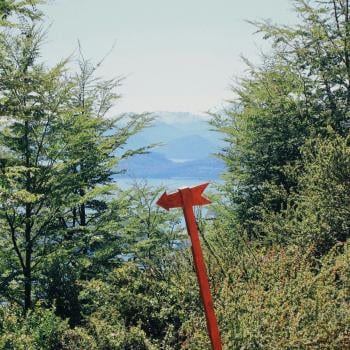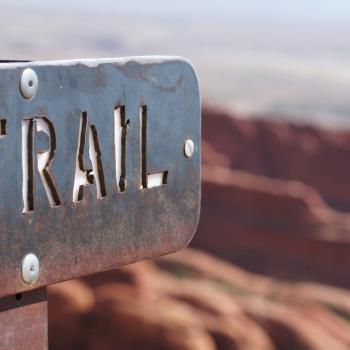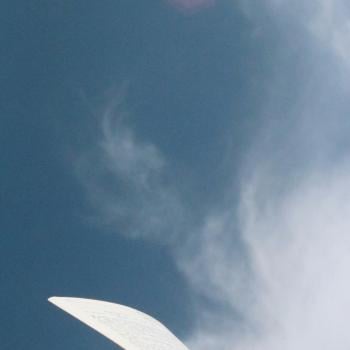
Scripture: Ezra, chapters 7-8; Luke, chapter 20
Ezra 8:21-23, 31-32 (NASB):
Then I proclaimed a fast there at the river of Ahava, to humble ourselves before our God, to seek from Him a safe journey for us, our little ones, and all our possessions. For I was ashamed to request from the king troops and horsemen to protect us from the enemy on the way, because we had said to the king, “The hand of God is favorably disposed to all who seek Him, but His power and His anger are against all those who abandon Him.” So we fasted and sought our God concerning this matter, and He listened to our pleading…
Then we journeyed from the river Ahava on the twelfth of the first month to go to Jerusalem; and the hand of our God was upon us, and He rescued us from the hand of the enemy and the ambushes by the road. So we came to Jerusalem and remained there for three days.
Observations:
The book of Ezra may be one of the most overlooked books in all of the Bible. Much of the content of Ezra is also contained in Nehemiah. For some reason modern preachers focus their attention on Nehemiah. I’ve read or heard several messages about “godly leadership” that are based on the book of Nehemiah. Now, I don’t have anything against Nehemiah, but I think that all of the attention that Nehemiah gets takes away from Ezra.
Our readings from Ezra began last week, and then took a break for a few days as we read the book of Esther. Today, we’re back in Ezra, but it’s helpful to remember what we’ve previously read. The book of Ezra begins with a look back to the decree of Cyrus, which effectively ended the Babylonian Exile. Cyrus gave the Jews permission to return to Jerusalem and to rebuild the Temple.
Along the way, enemies of the Jewish people sought to disrupt the work, and convinced the king to stop it. In Ezra 4, the king commanded that the work be stopped: “The work on the house of God was discontinued until the second year of the reign of Darius king of Persia” (Ezra 4:24).
In Ezra 5, the Jews resumed the work, and their enemies again tried to stop them. However, in chapter 6, Darius found Cyrus’ original decree, and he ordered that the work be completed. “May the God who has caused His name to dwell there overthrow any king or people who attempts to change it, so as to destroy that house of God in Jerusalem. I, Darius, have issued this decree; it is to be carried out with all diligence!” (Ezra 6:12).
Ezra:
That brings us to chapter 7, when we finally meet Ezra. Chapter 7 begins with the phrase “Now after these things,” which means that we’re fast-forwarding through history about 60 years. The then-current king, Artaxerxes, authorized Ezra to go to Jerusalem “to study the Law of the Lord and to practice it, and to teach His statutes and ordinances in Israel” (Ezra 7:10). The king supplied letters of transit giving Ezra and his group permission to go; he also gave them silver and gold to supply the Temple and to make offerings to God. (See 7:11-26 for the text of the king’s letter.)
So Ezra and his group prepared to set out for Jerusalem. In Ezra 8:15, he says that “I assembled them at the river that runs to Ahava.” That is where we find Ezra and his group at the beginning of our passage for today. Even though the king has granted permission, and has graciously given resources for the trip and for sacrifice, Ezra stops to seek God’s protection for the journey. I proclaimed a fast there at the river of Ahava, to humble ourselves before God, to seek from Him a safe journey for us, our little ones, and all our possessions.
Notice that Ezra had already recognized God’s favor in his endeavor. “Blessed be the Lord, the God of our fathers, who has put such a thing as this in the king’s heart, to glorify the house of the Lord which is in Jerusalem, and has extended favor to me before the king and his counselors and before all the king’s mighty officials. So I was strengthened according to the hand of the Lord my God that was upon me…” (Ezra 7:27-28).
Regular checkups:
My guess is that most people at that point would have continued to assume that God was with them, and they’d plow right ahead. “God called me to this; God has opened the door; I’m going to just go for it!” I suppose it’s possible that such an approach could be appropriate in some circumstances. However, I think it’s important for us to think about what Ezra did. At a pivotal point in the process, he stopped again to confirm God’s direction. He and the people fasted for three days and prayed for God’s protection. He didn’t ask God whether they should turn back, nor did he ask for a sign. Ezra believed that God was leading them, but he didn’t want to take God’s presence and protection for granted.
So we fasted and sought our God concerning this matter, and He listened to our pleading. They made it to Jerusalem safely, and were able to begin the work Ezra came to do.
Application:
How often do we run into unexpected glitches along the way because we’re not regularly asking God for protection and direction? Ezra knew that God had called him to do this work. He had already seen God’s work in the response of the king. But at a crucial point, Ezra and the people stopped and prayed for God’s continued work. This was not just a brief “God, please bless us” prayer. They prayed and fasted for three days.
What if the small disruptions and challenges we face in doing God’s will could be avoided by continuing to seek God’s support? I’m not suggesting that God forgets about us. God doesn’t send problems to us for neglecting Him. But I do think that regularly seeking God’s provision – whatever that may mean in the circumstances – helps to keep us focused on Him. If we’re not careful, we can miss little signs or opportunities along the way. Those little things have a way of becoming big things! Regular, intentional times of prayer and attention to God are important even when we know we’re following God’s will. Sometimes, we need more than our daily devotional time. As the Church collectively seeks to do God’s will, we need those regular times of devotion and prayer to stay grounded in Him.












